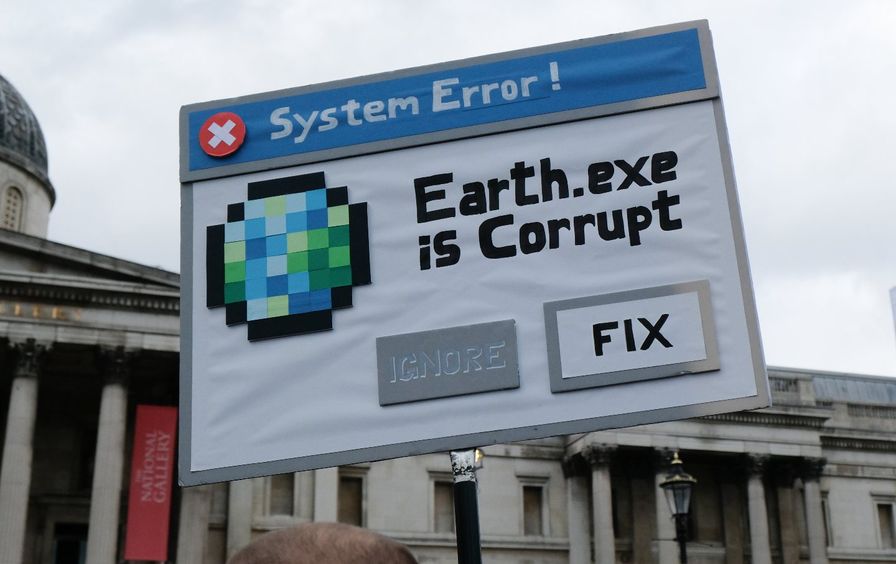Worldwide, one-third of all food produced is thrown away. In the U.S., the figure is closer to 40 percent. That wasted food could feed all the 690 million hungry people of the world – two times over. And the climate implications are equally devastating. Food waste accounts for 8-10 percent of global emissions, meaning that if food waste were a country, it would be the third biggest greenhouse gas emitter behind the U.S. and China.
This is a problem we can solve. And Crisp, a company founded with the mission to reduce food waste through data, is doing just that. (Crisp was last fall named one of the Techonomy 10, ten growing companies whose business is intrinsically good for society.) One of the primary causes of food waste is inaccurate and poorly transmitted data in the food supply chain, which results in the loss of an estimated 30 percent of food sold at retail, before it ever even reaches the consumer.

Keeping shelves adequately, but not excessively, stocked requires close collaboration between producers and retailers. Sharing the necessary data is often extremely time-consuming and managed manually. Brands typically download dozens of spreadsheets per week from partners and spend hours organizing and analyzing those reports. But Crisp automates this process, saving companies an average of two full working days per week and providing insights to improve efficiency. And by showing inventory data at each step in the supply chain in real time, Crisp helps companies identify excess or aging inventory and take steps to prevent waste. This might mean reducing quantities in their next shipment, changing the product mix at a given store, or offering promotions so excess product will sell it before its freshness date expires.
Founder and CEO Are Traashdahl was inspired to start Crisp after 14 months travelling the world with his family. During their travels to 30 countries, Are started questioning the imbalance of the food system. “We often read and hear about stories of global food insecurity,” says Are, “but it’s staggering to see thousands of starving people living in poverty close up.” And at the other end of the spectrum, Are notes that “during our travels we also saw vast amounts of crops left rotting in the field, and food that went bad or was thrown out before it even reached a human.”
Upon his return to the U.S. Are and co-founder Dag Liodden researched the problem and found that data could be key to reducing waste throughout the supply chain. Crisp’s technology connects and synthesizes disparate data sources to provide retailers and consumer packaged goods companies with the analysis and trends needed to reduce and prevent food waste. Crisp now works with major companies like Whole Foods, Walmart, Target, Kroger, and Amazon, giving them “real-time, actionable insights to keep shelves stocked, reduce waste, and skyrocket profitability.”

In the year ahead, Crisp plans to expand quickly, onboarding new customers, adding new data sources to the platform, and applying data to a wider array of business applications. It is also expanding into health and wellness, beauty, and home goods, where there is also a significant opportunity to prevent waste. “Ultimately, our vision is to enable programmatic commerce: a model in which data is used programmatically across the supply chain to respond to disruptions, reduce waste, and keep shelves stocked.”
Crisp was selected by Techonomy last fall as one of the Techonomy10 – ten growing software companies whose business, by design, improves the world. This is one in a series of profiles of those companies.
















